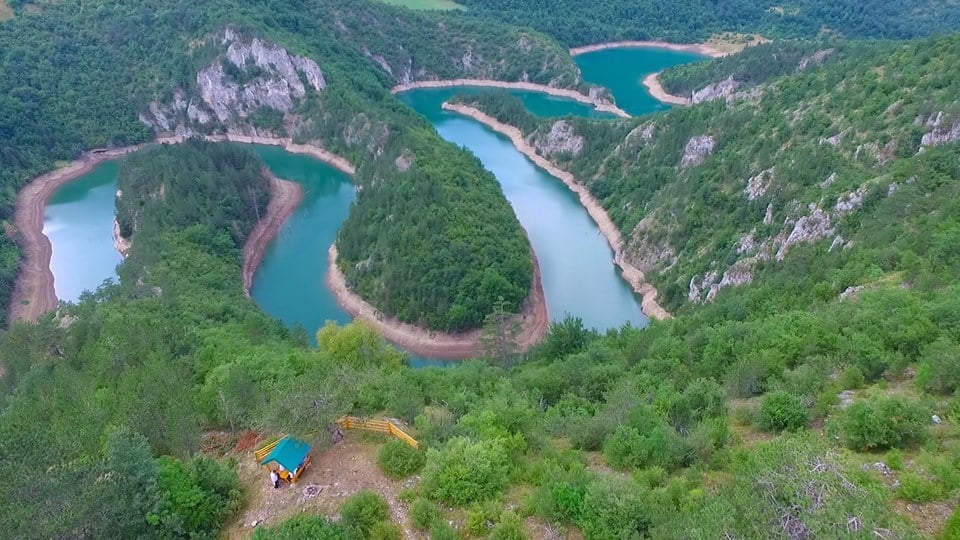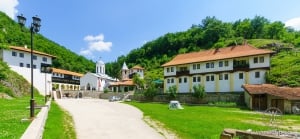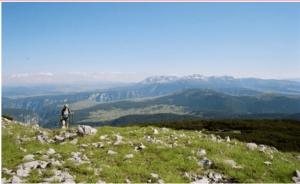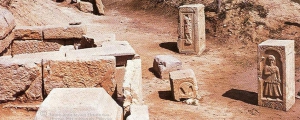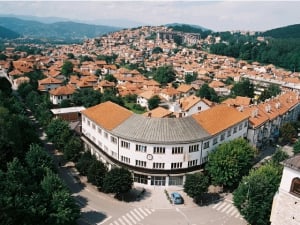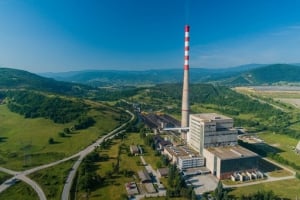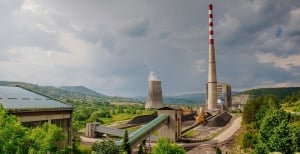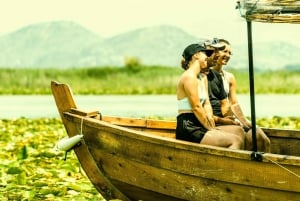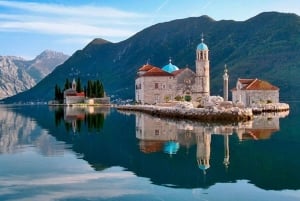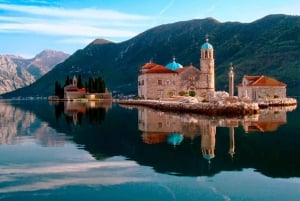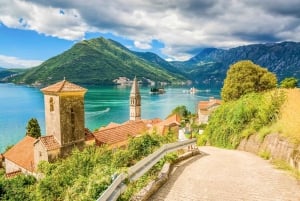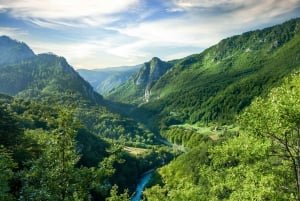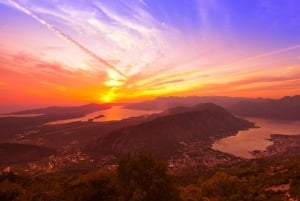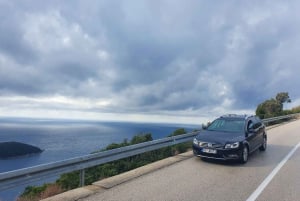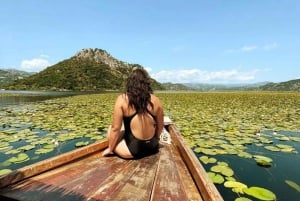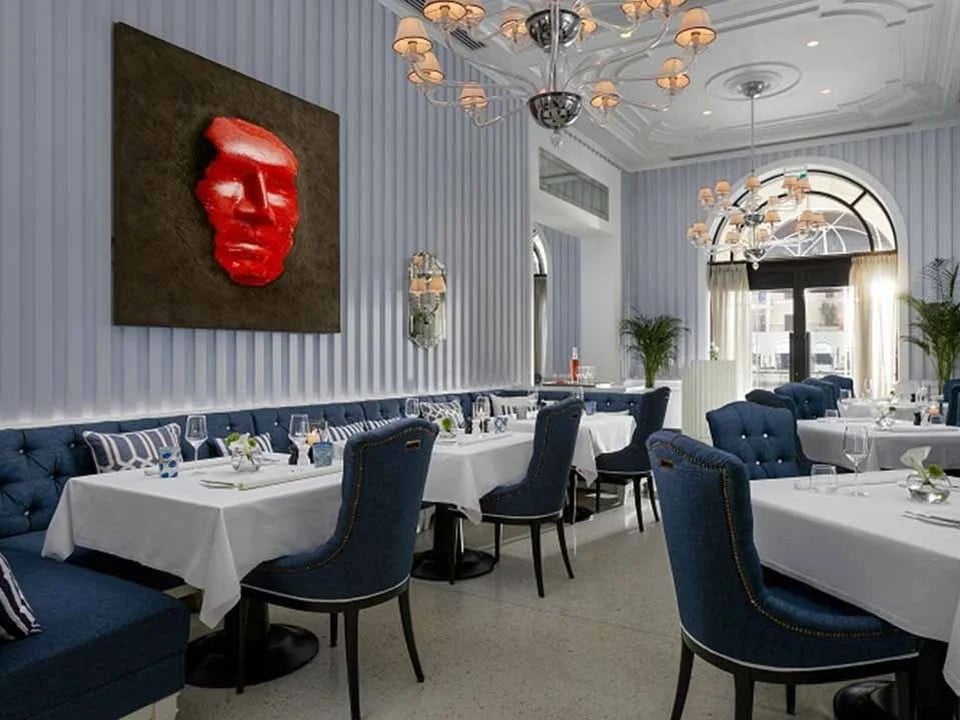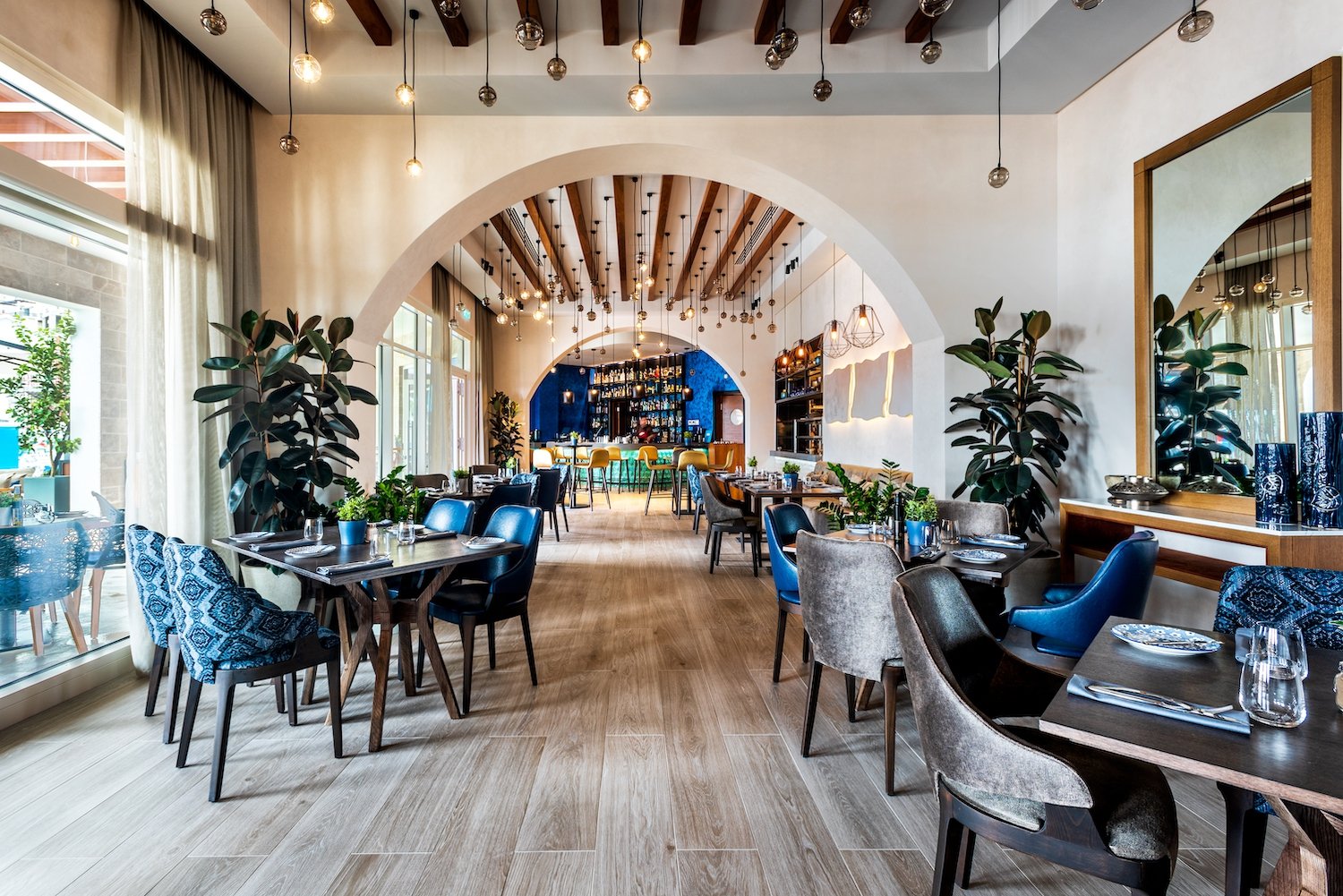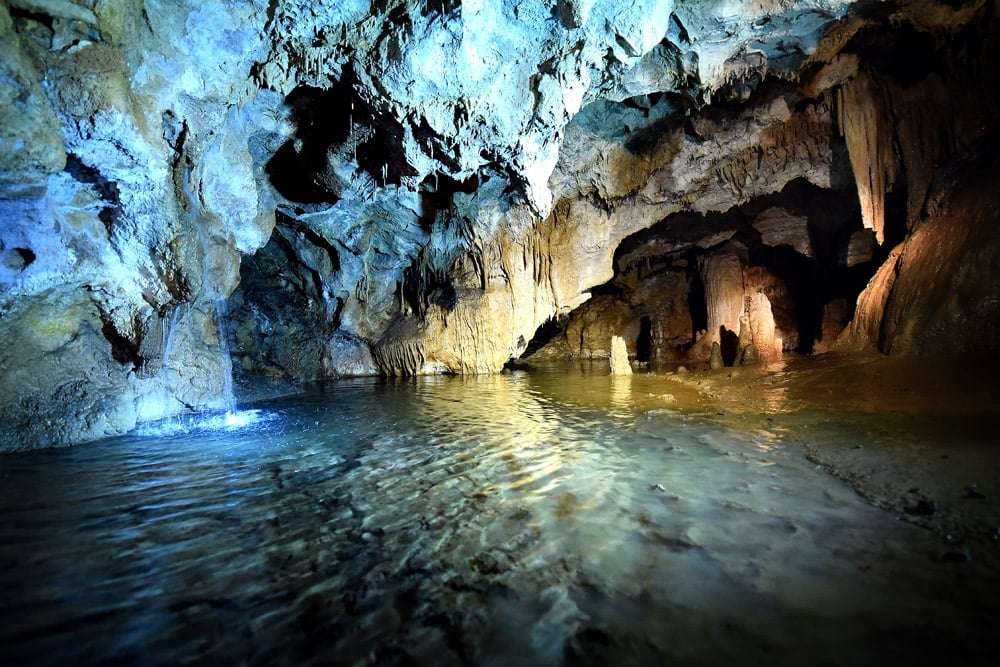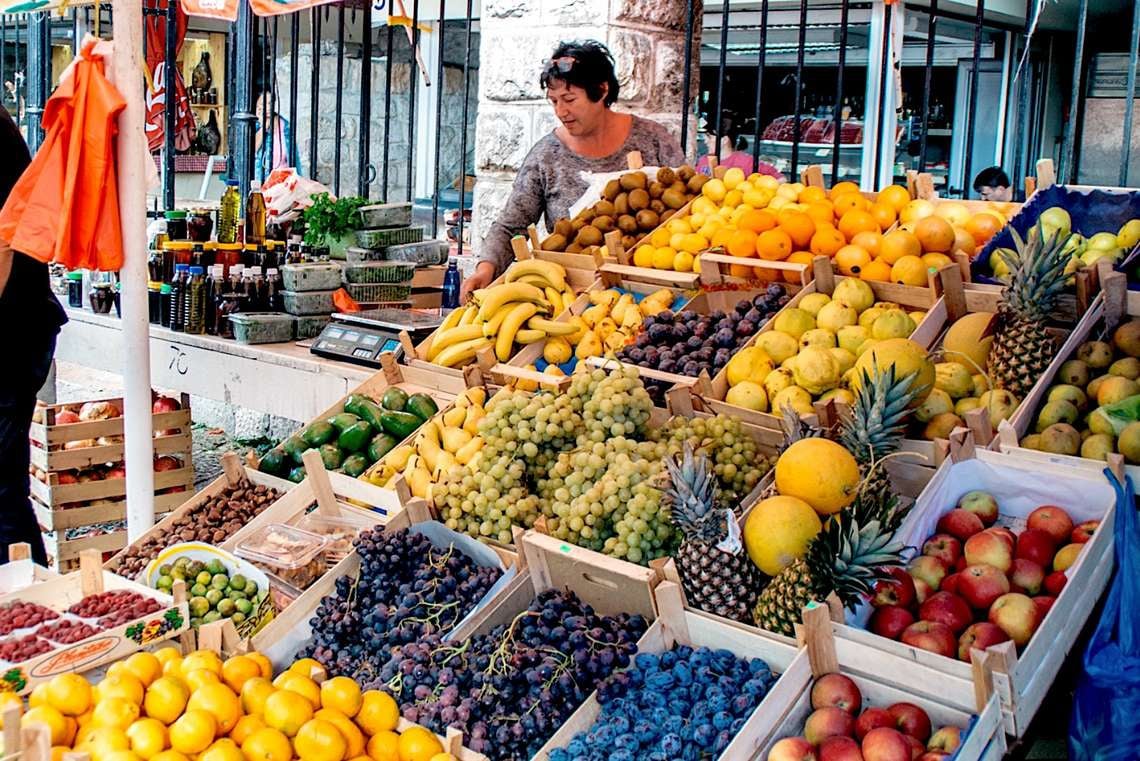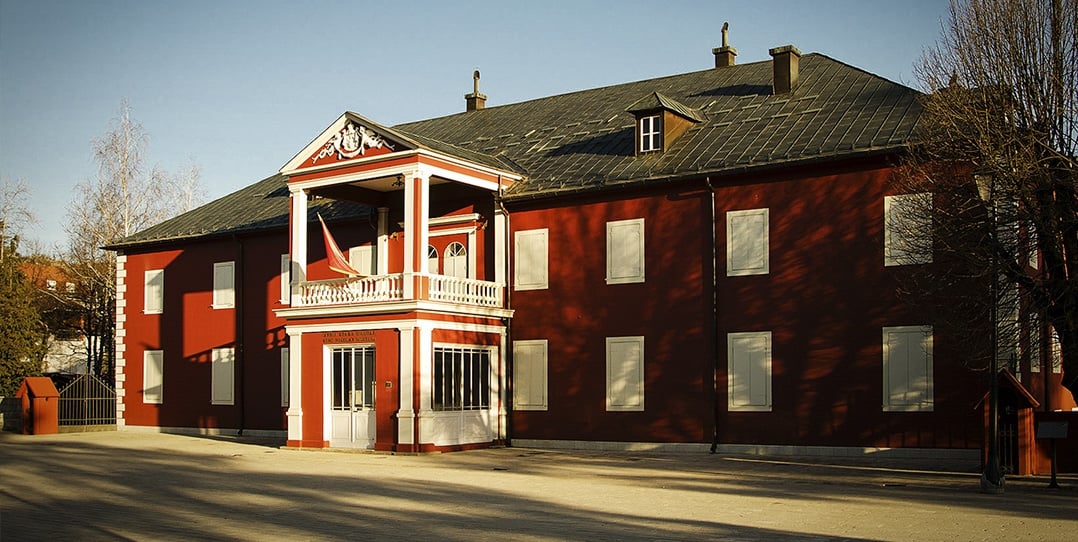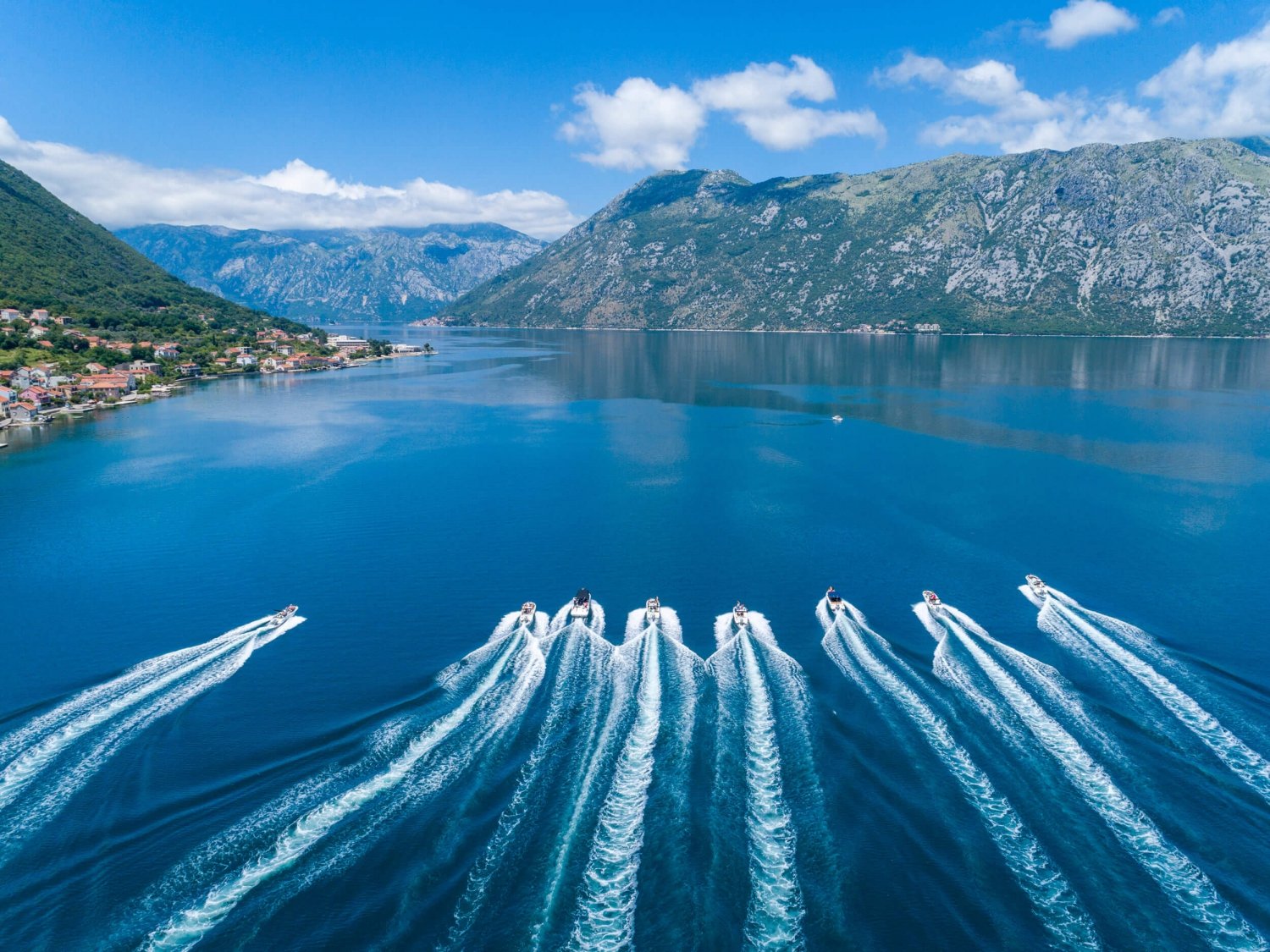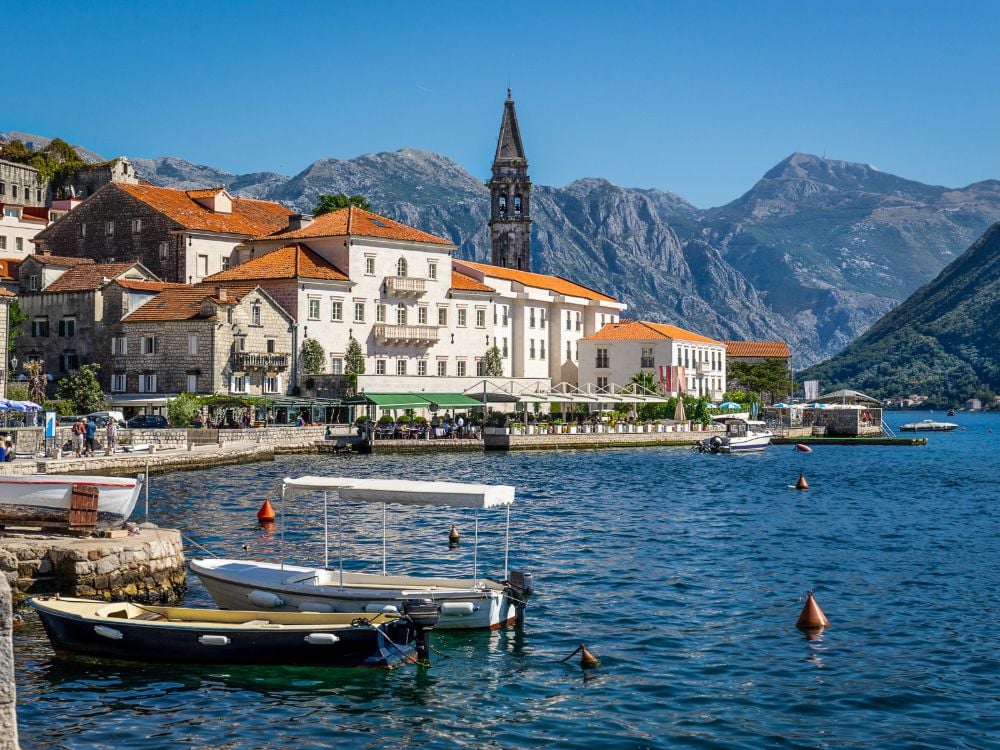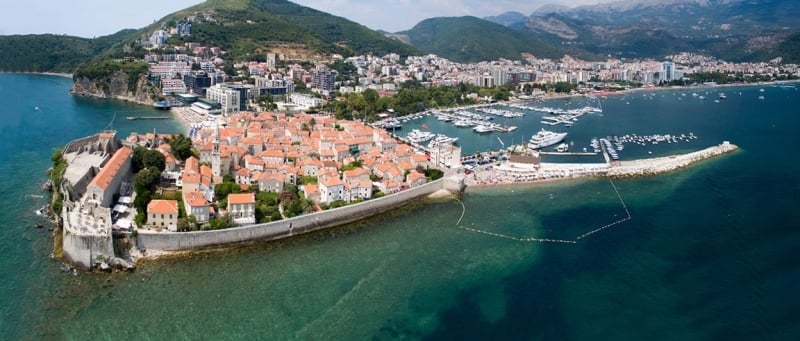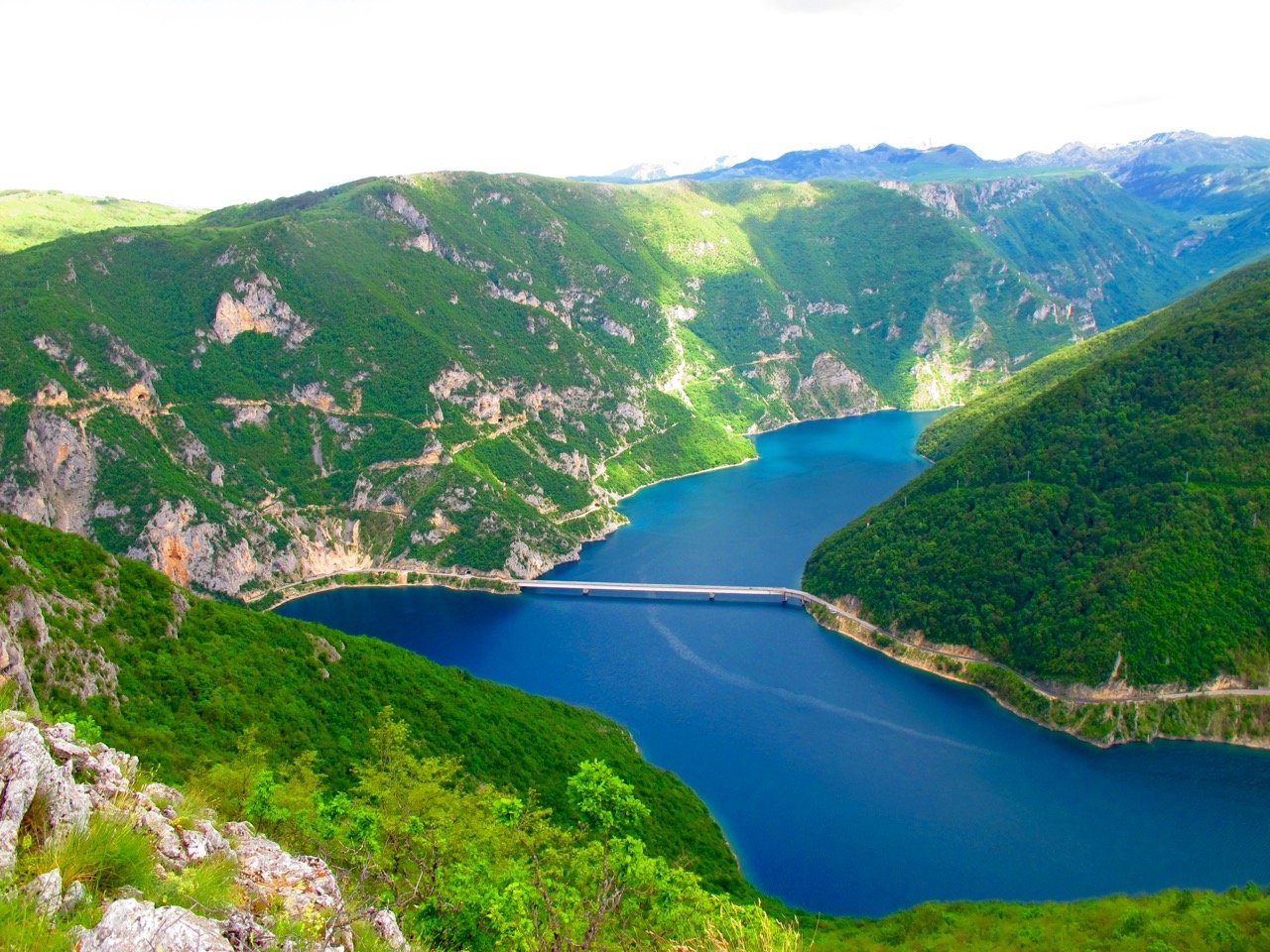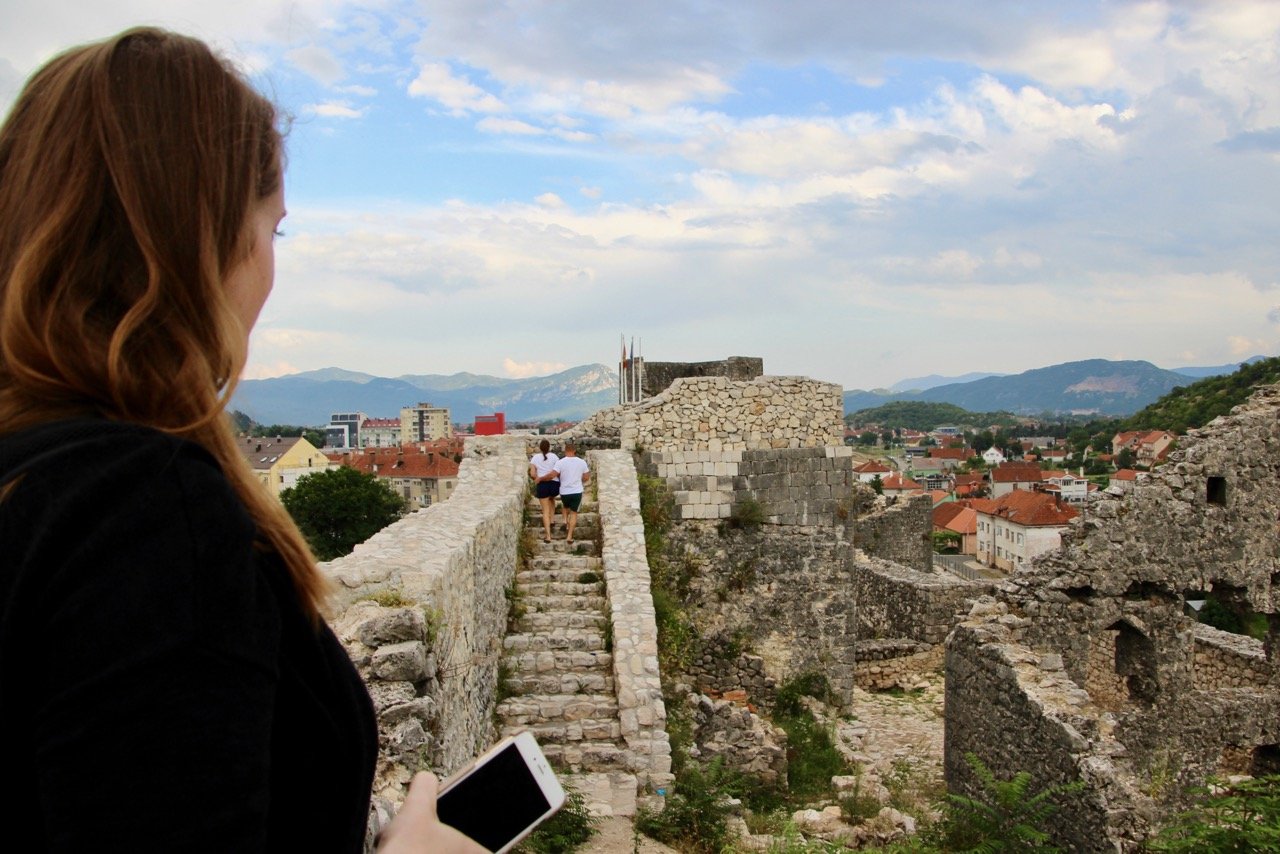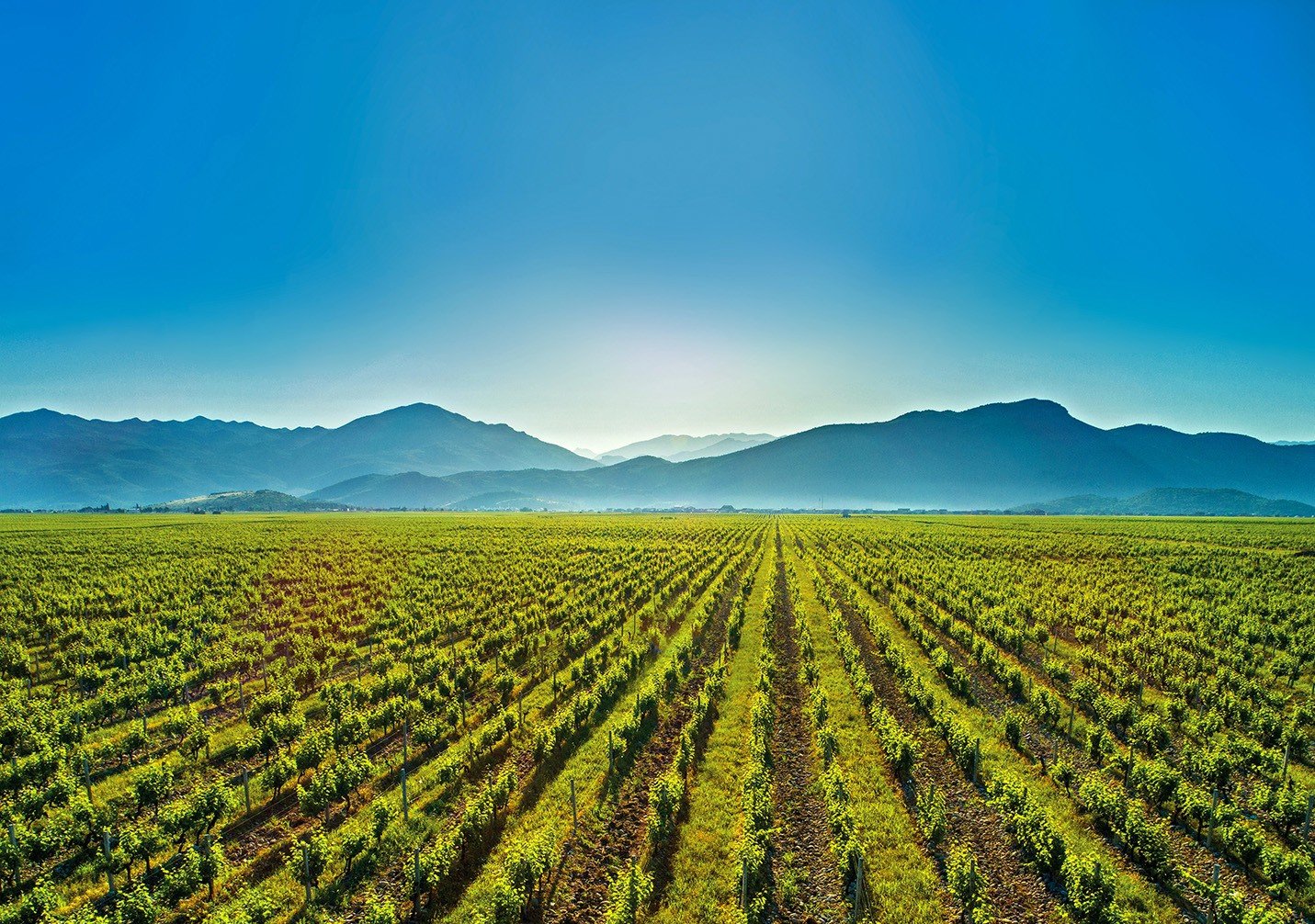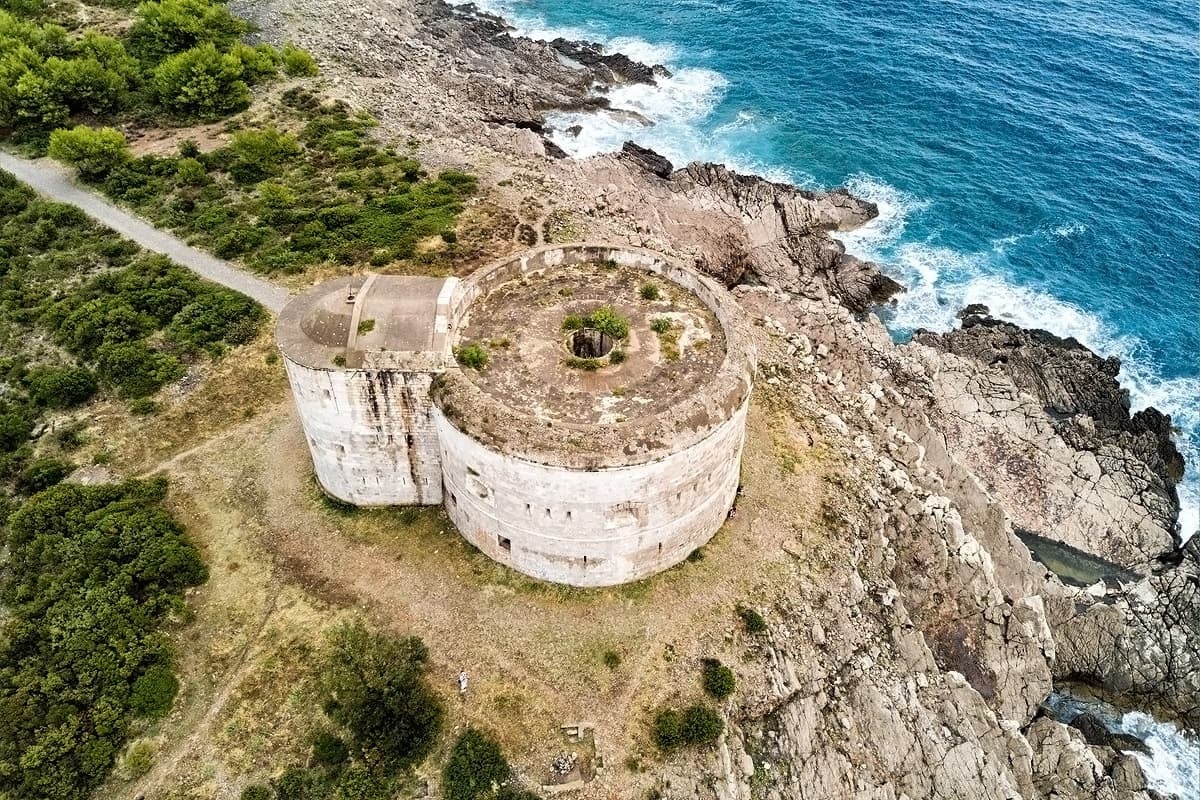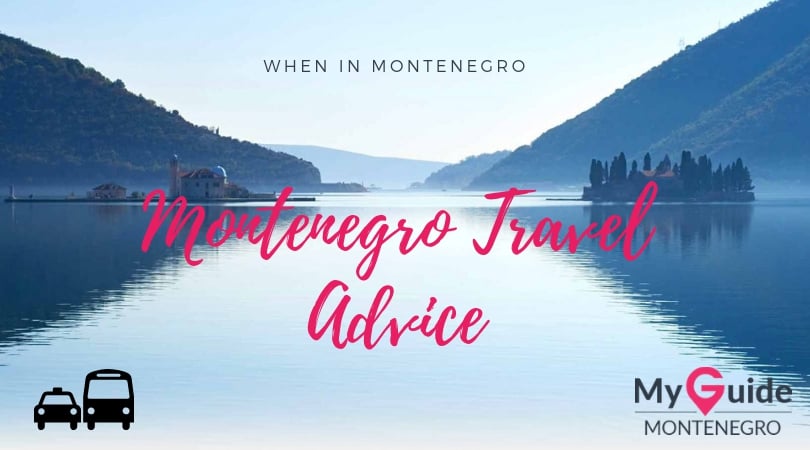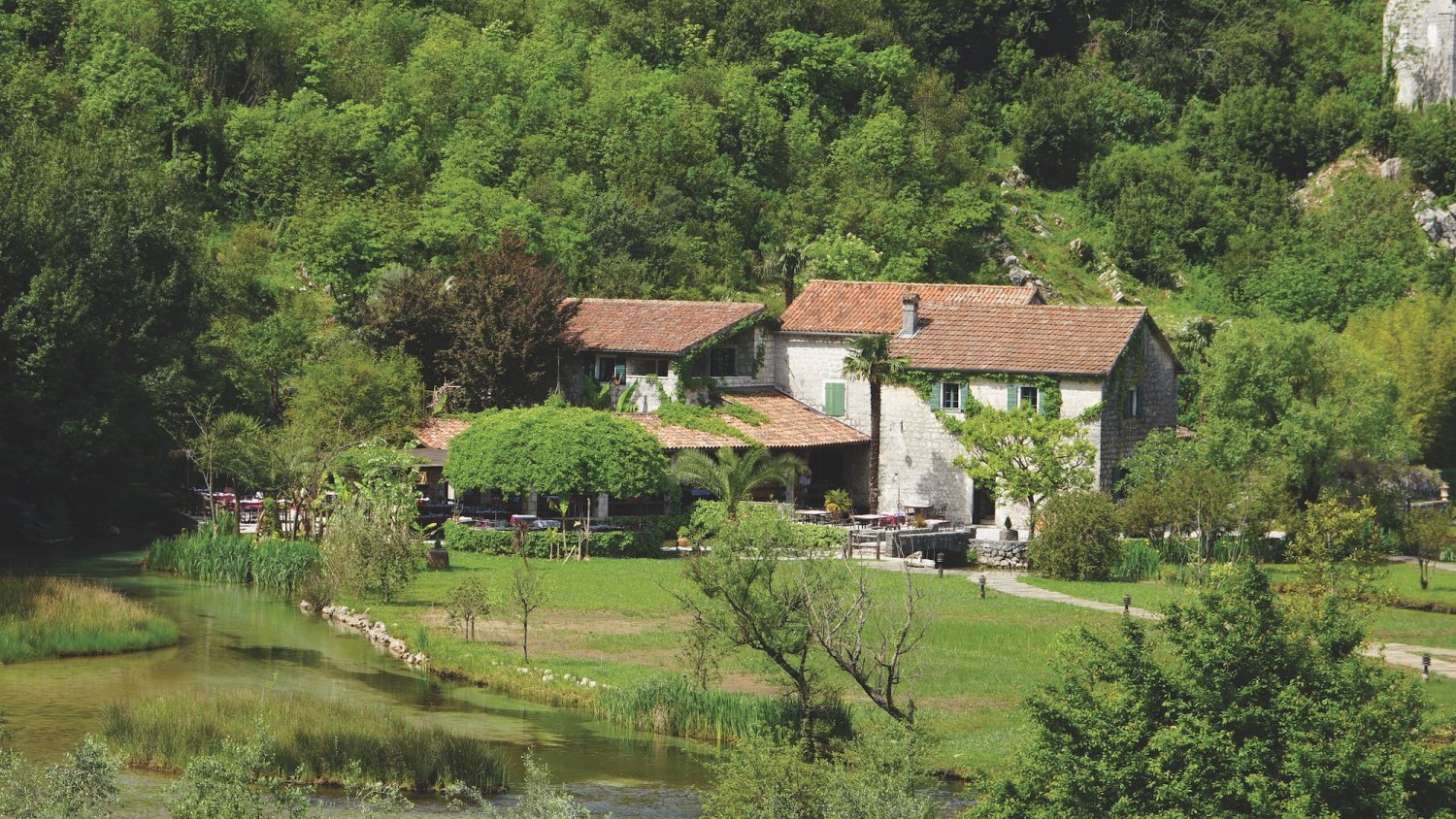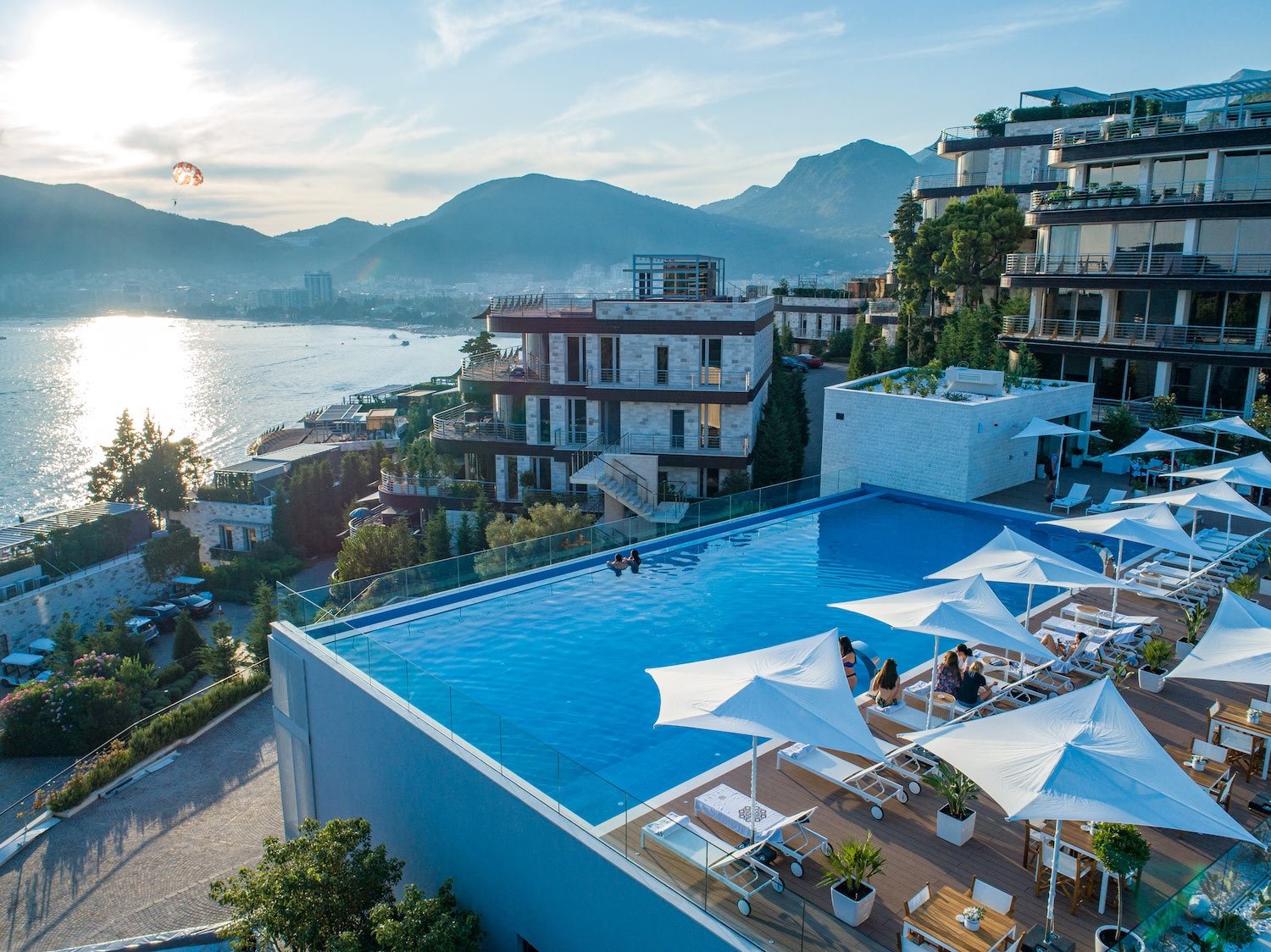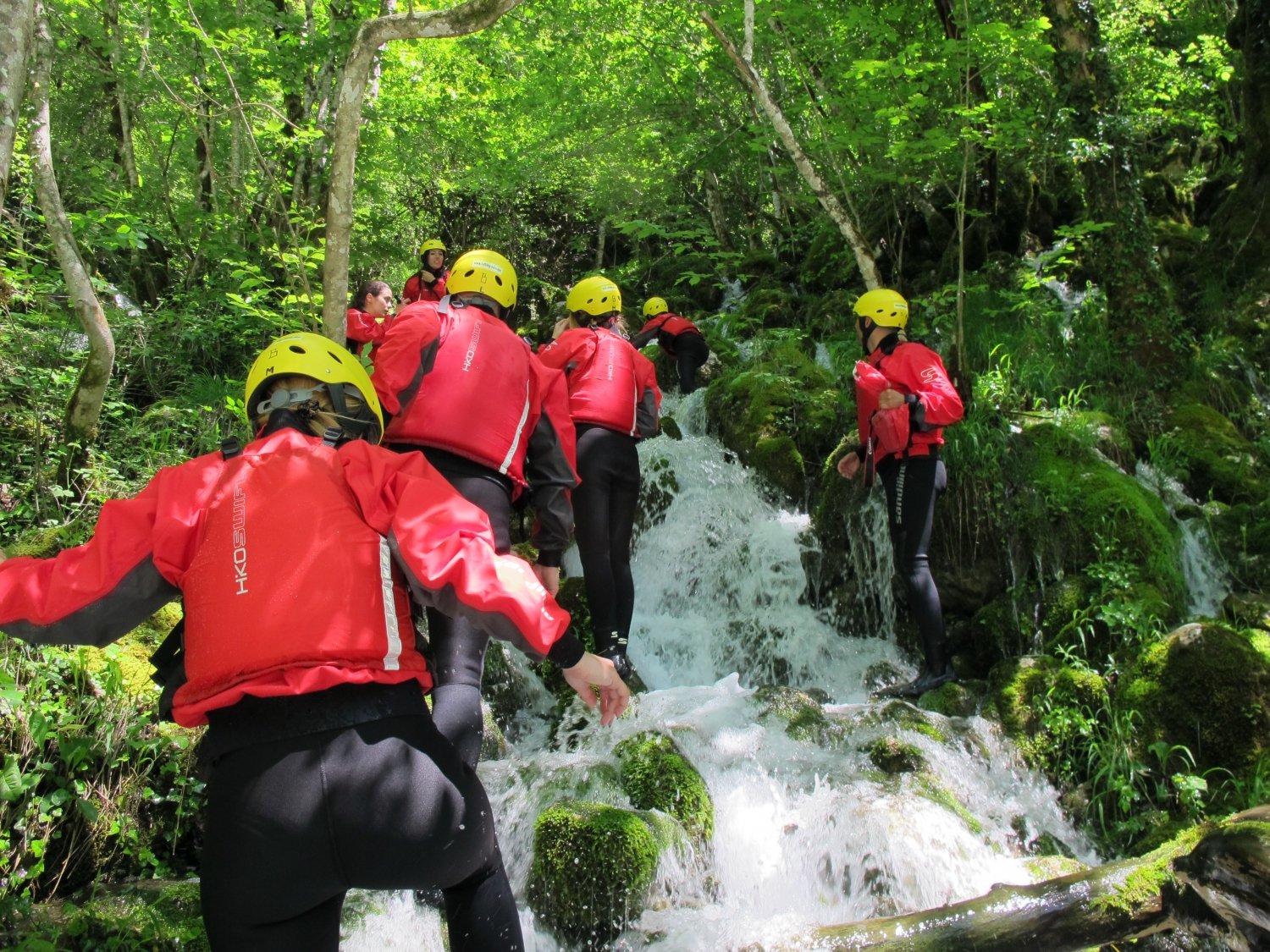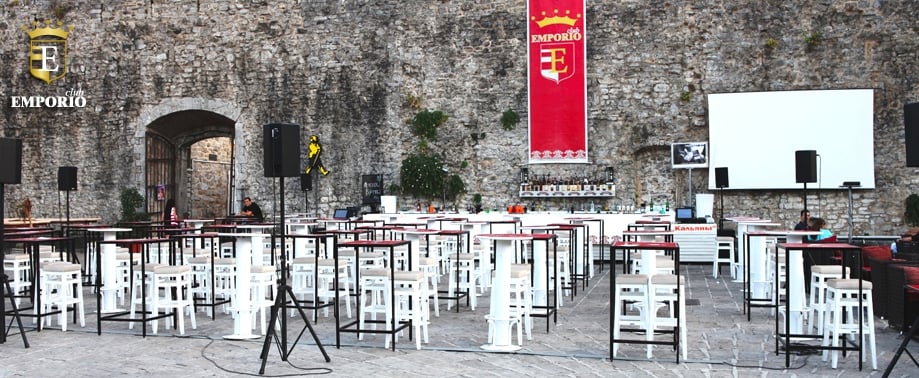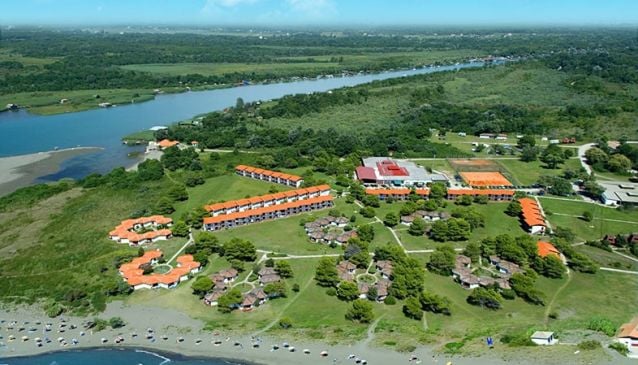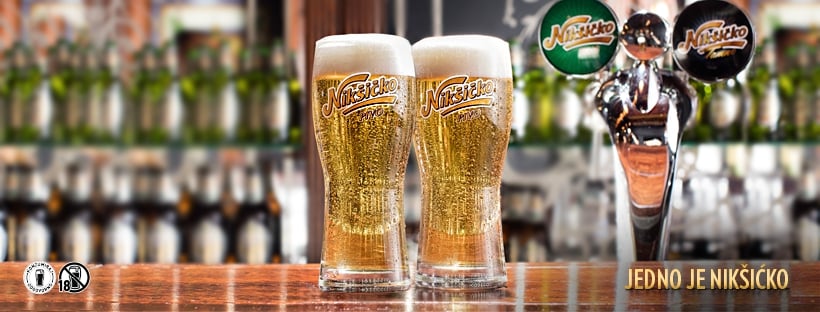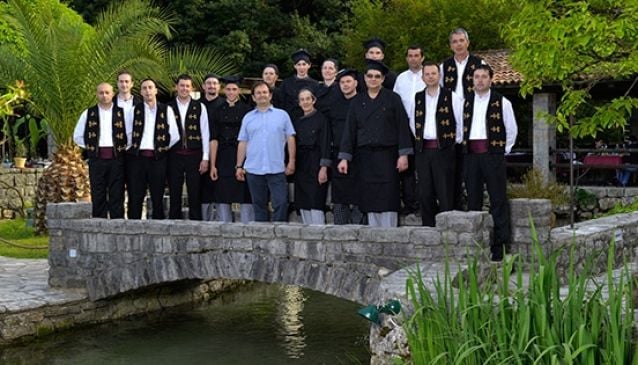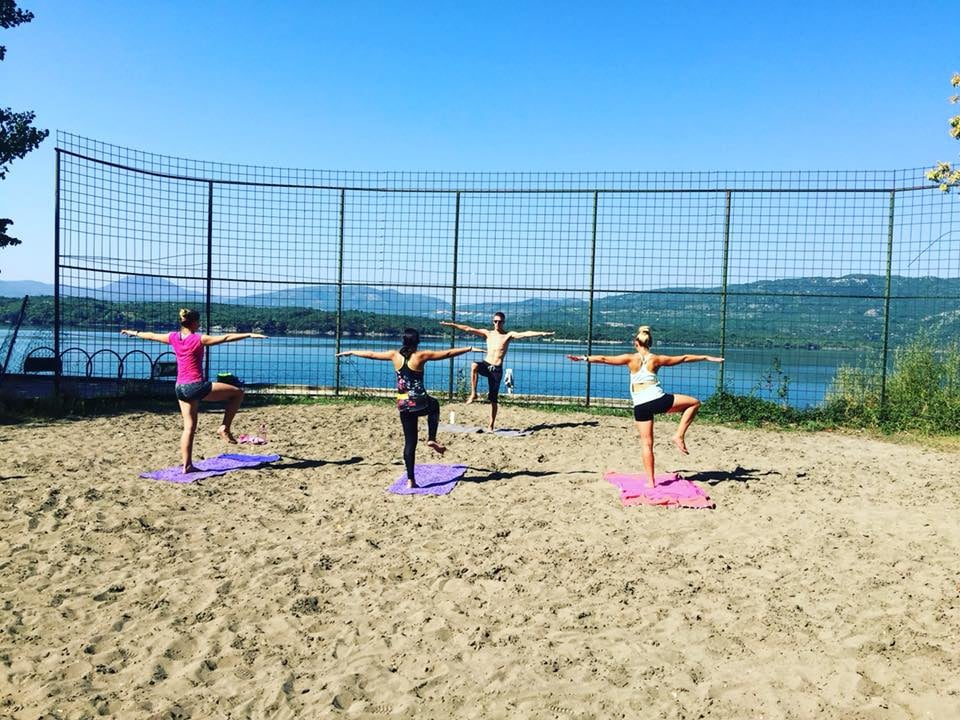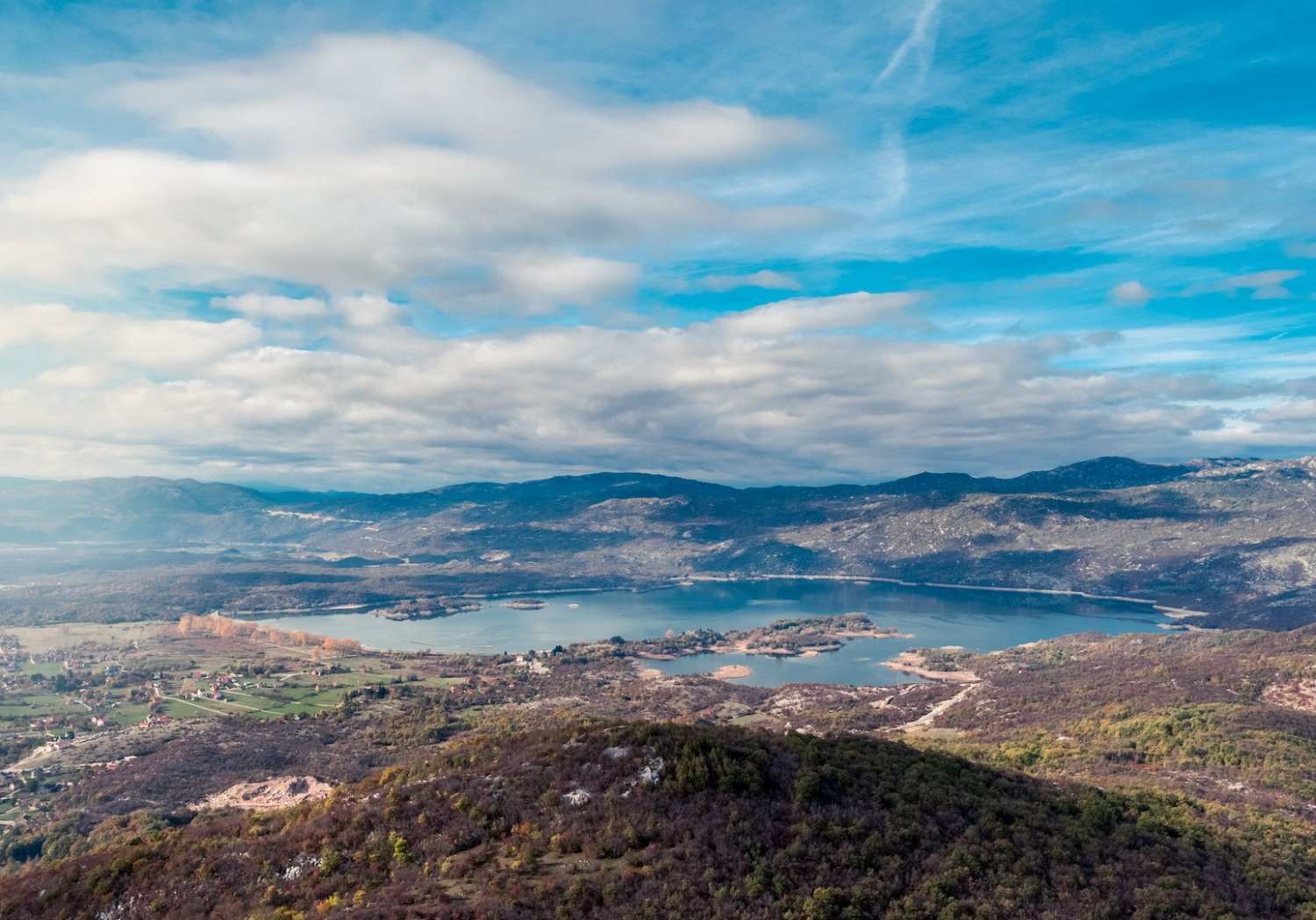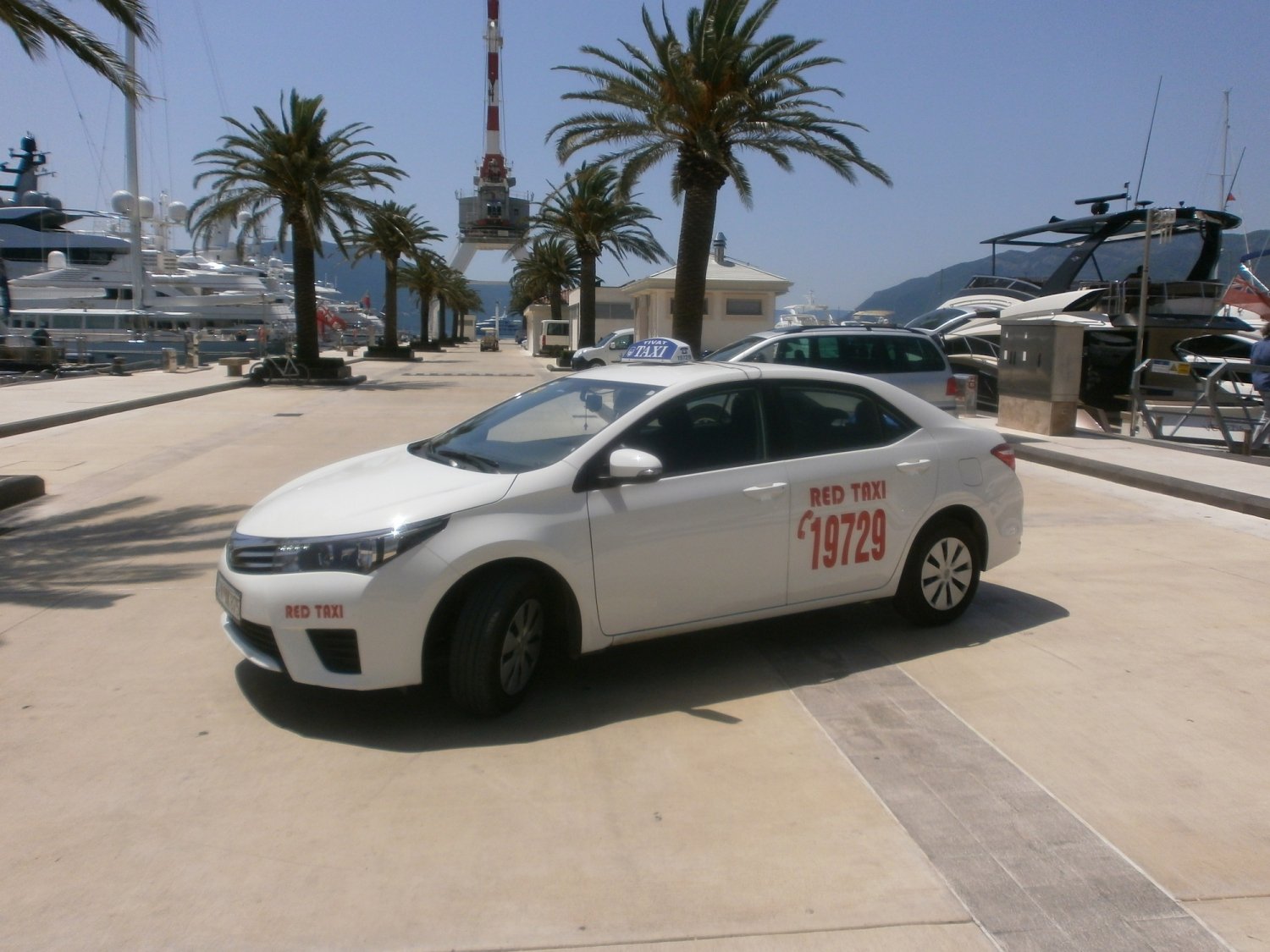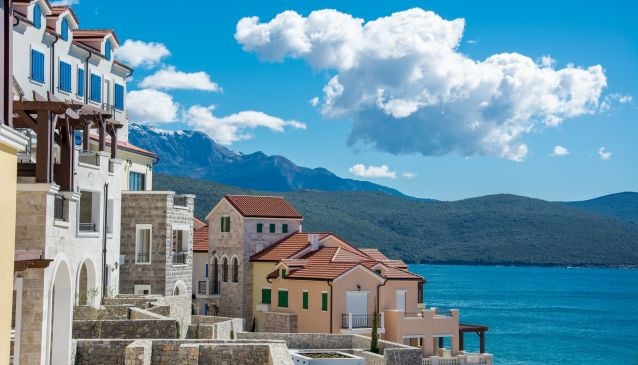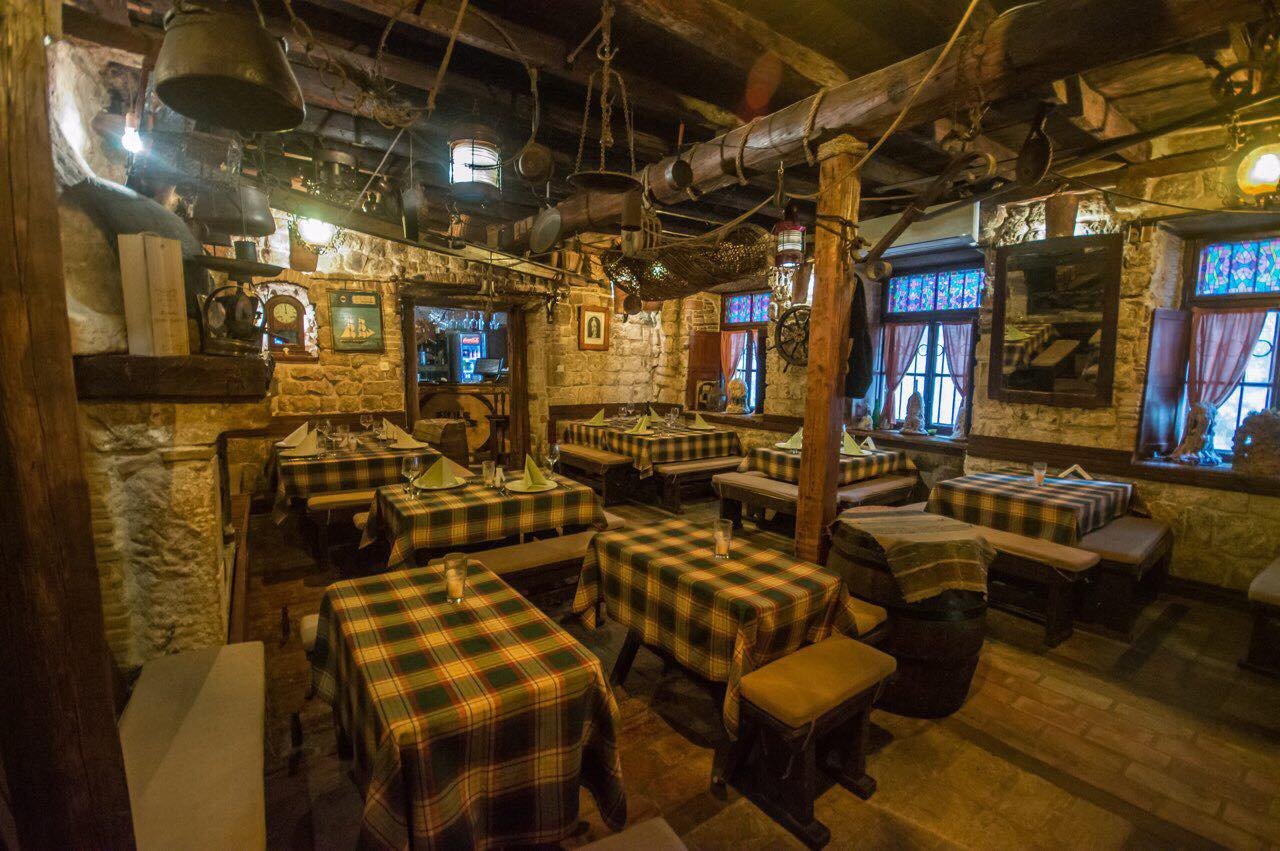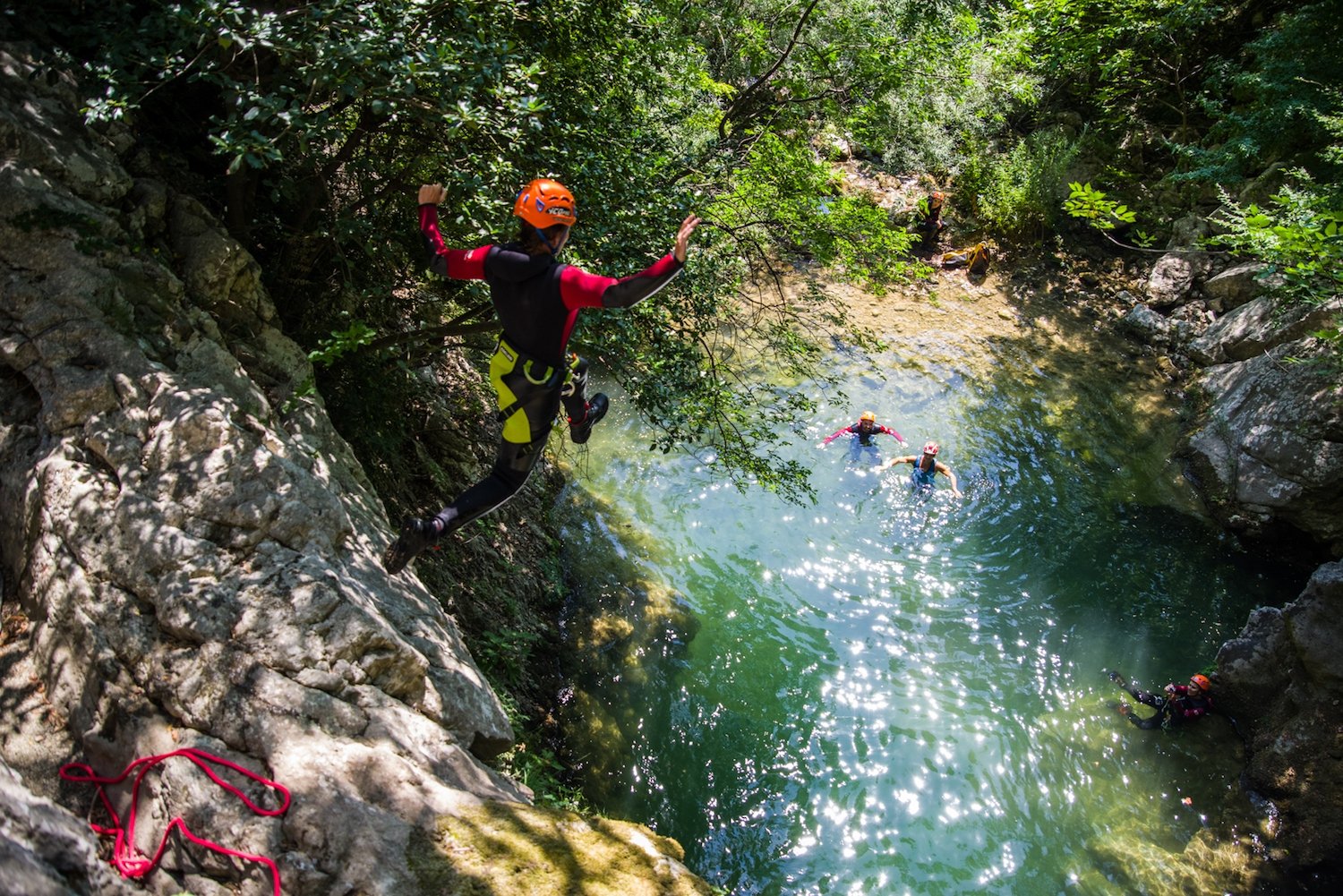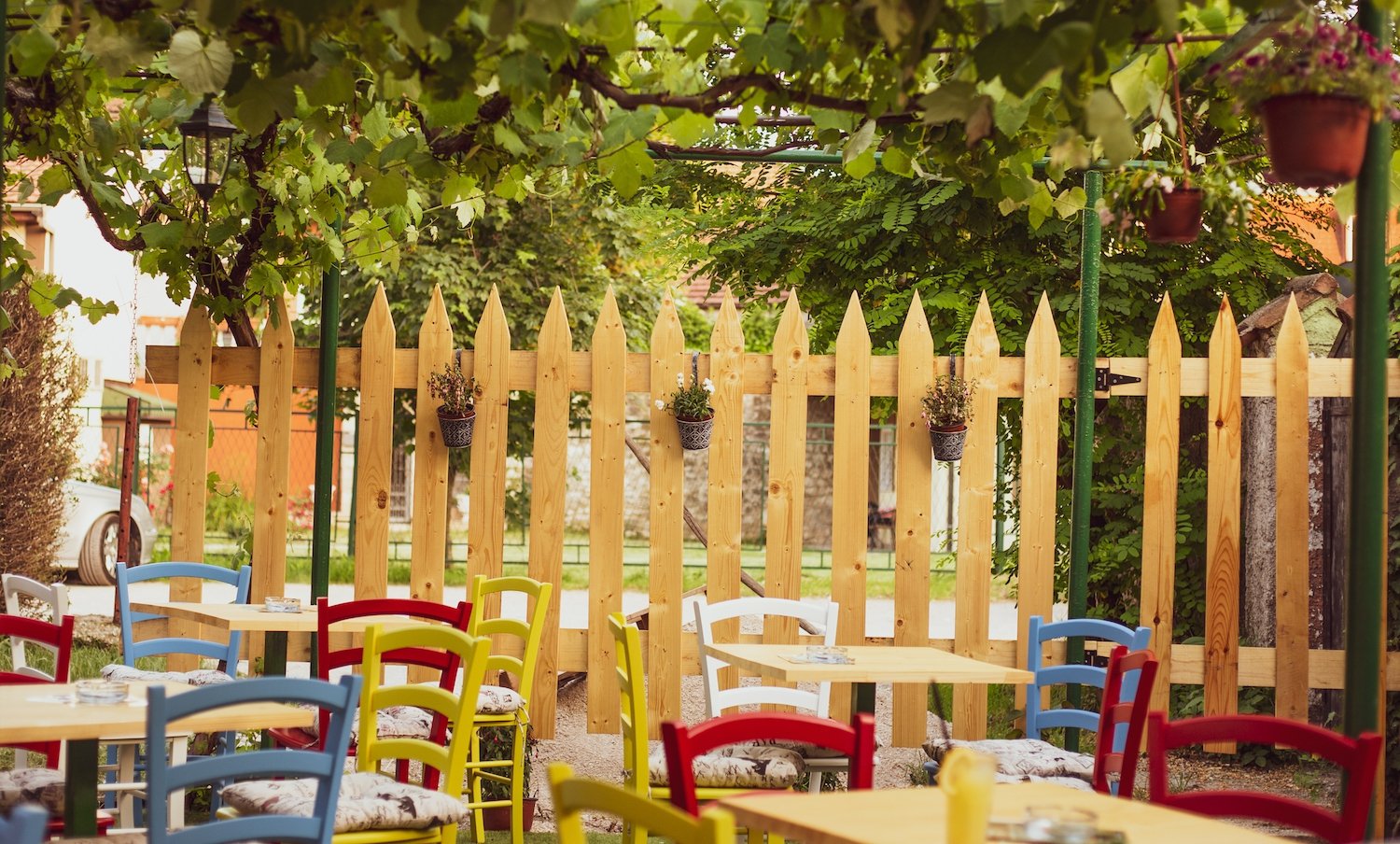Pljevlja
The arrival of the Slavs is not precisely dated, but it is considered to be the 6th century. The settlement built by the Slavs on the ruins of a Roman town was called Breznica after the Breznica River, which runs the entire length of the Pljevlja basin. The name Breznica remained until the mid-15th century when the name Pljevlja was first mentioned in the documents. By all accounts, Pljevlja was a significant trading town at the intersection of roads from Dubrovnik, Kotor and Bosnia to Constantinople. Legend has it that Pljevlja was named after the chaff ("plijeva") that the wind carried around the city from the rich monastery properties on which the grain was growing.
Pljevlja is one of the best examples of the religious unity of the Montenegrin people. This can be seen through the preservation and worship of the two landmarks of this small, yet culturally rich northern town the Hussein Pasha’s Mosque and the Holy Trinity Monastery.
The Holy Trinity Monastery is a shrine highly respected by Orthodox Christians as well as the worshipers of Islam. This monastery keeps many sacred relics of famous and unknown saints, of which the most important were the holy relics of Saint Sava Nemanjić - the first Serbian archbishop before they were transferred to Vračar. The exact date of construction of the monastery has not been preserved, but according to various sources it was around the 15th century. For several centuries, the Holy Trinity Monastery was one of the main centres of spiritual, educational and cultural life in the northern part of Montenegro, especially during the years of Turkish rule.
Hussein Pasha’s Mosque is considered to be a masterpiece of Oriental architecture. It was built in 1569 as the endowment of Hussein Pasha Boljević, whose origin is from the tribe of Boljanić. The mosque is unique for its many features: it is the mosque with the highest minaret in the Balkans (41 metres); valuable written documents and relics are kept here and its interior is beautifully and lavishly decorated.
In Pljevlja, nature was quite selfless and generous. Fishing, rafting, canyoning, horseback riding, (mountain) biking, hiking, climbing, paragliding, jeep tours, excursions, camping, etc, are just some of the activities that you can indulge in, in this remarkable town. Around 30 kilometres from the town, mountain Ljubišnja “proud queen of the Dinaric Mountains” is located. Ljubišnja is equally attractive in the winters and summers, with its giant pine and spruce trees unique in Europe, and the legend of Forbidden Love, by which it was named. You can read the legend on this link, where we’ve written about other mountains in Montenegro.
Thanks to its untouched nature and preserved environment, here healthy organic food is produced. The most recognised brand of the city of Pljevlja is the infamous Pljevlja cheese ("pljevaljski sir"), which has got its Geographical Indication of Origin in 2017. Pljevlja cheese has been produced for about several hundred years in the same, traditional way that was passed from generation to generation. What gives it the special, unique taste are the pastures at the high altitude.
Nowadays, Pljevlja is the centre of the energy potential of Montenegro, an important industrial centre with a large coal mine and thermal power-plant.
Things to do in Pljevlja:
- visit the ancient Roman settlement Municipum S and Pljevlja Heritage Museum
- don’t miss the traditional manifestation Days of Pljevlja Cheese
- rafting along Tara river
- visit Attraction Park Vodice.



